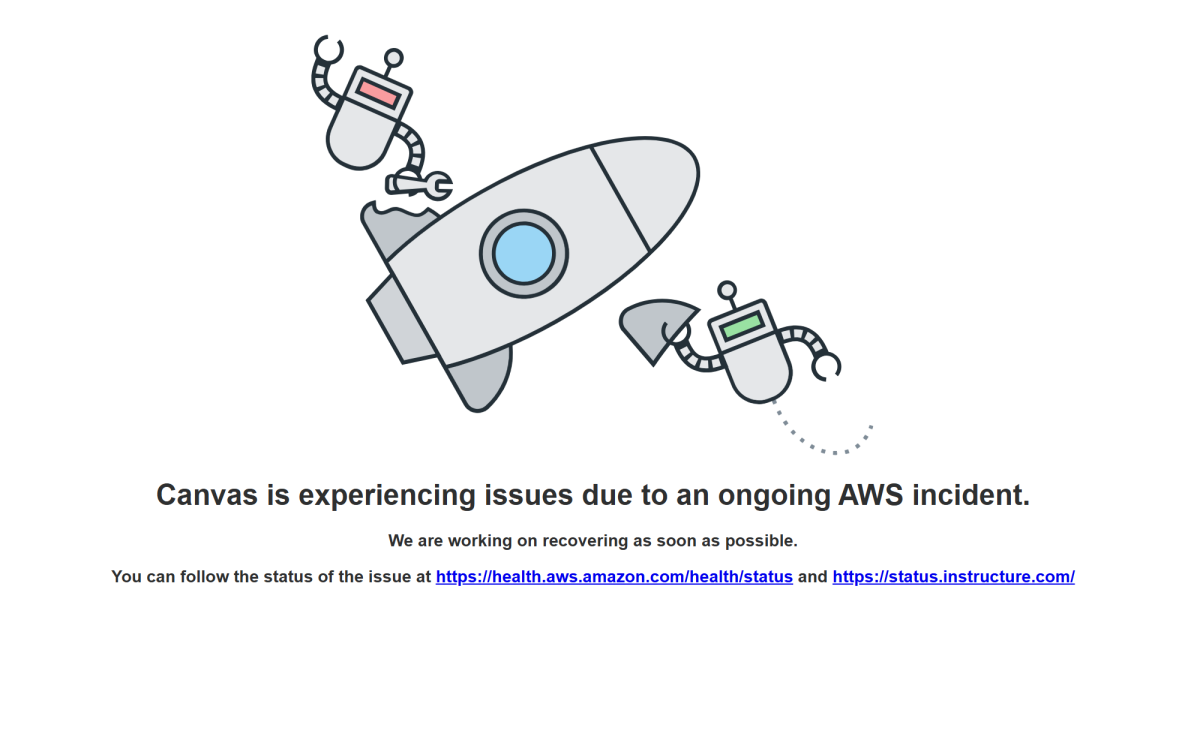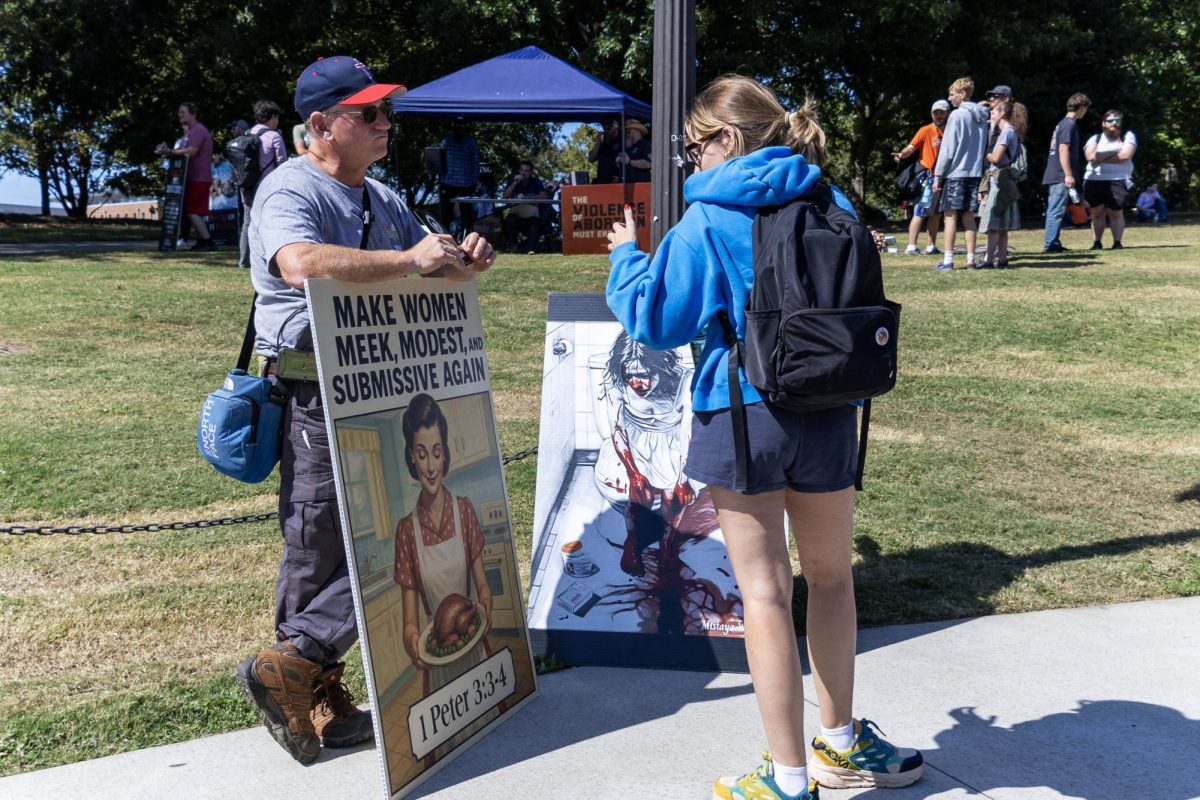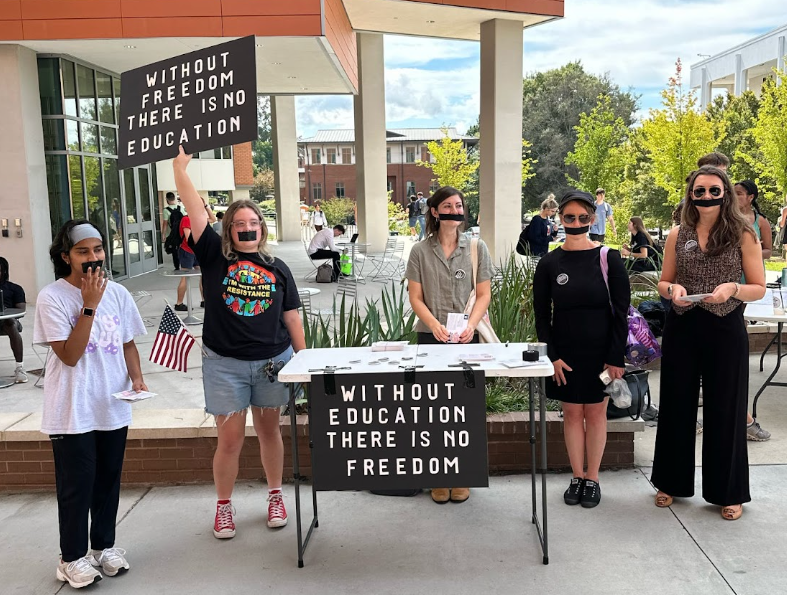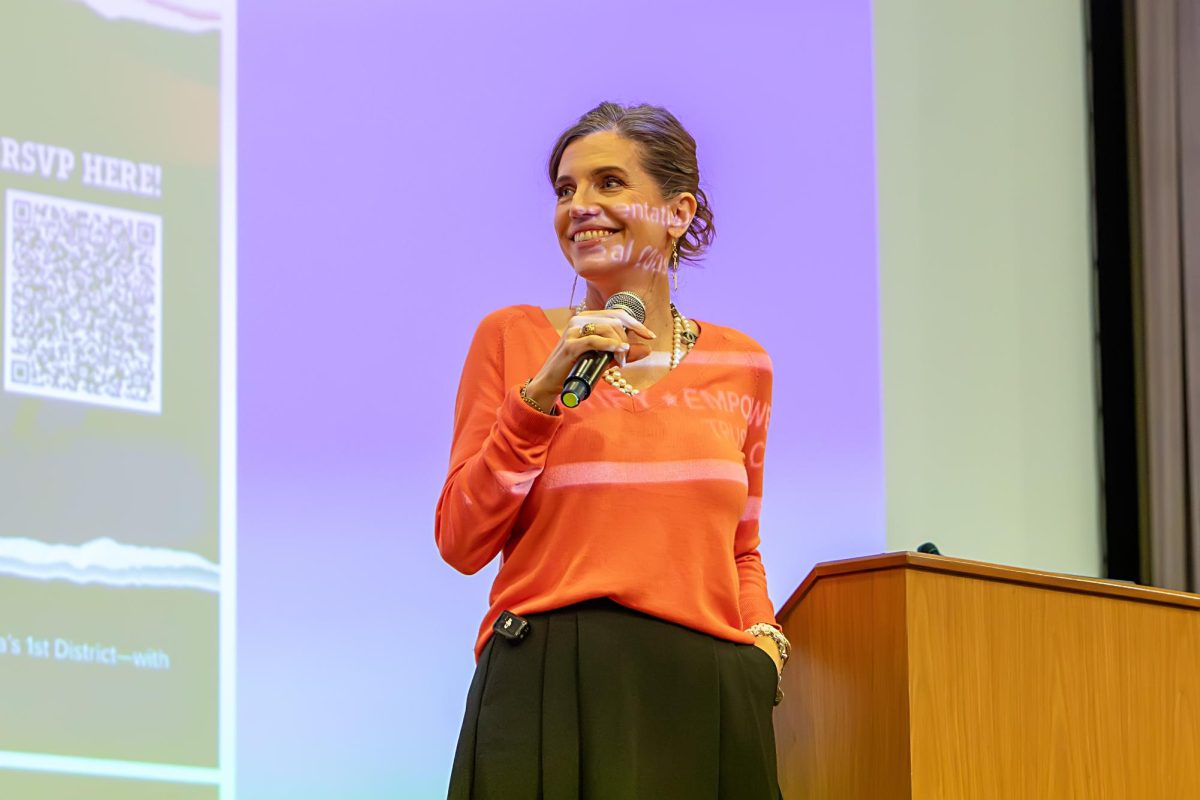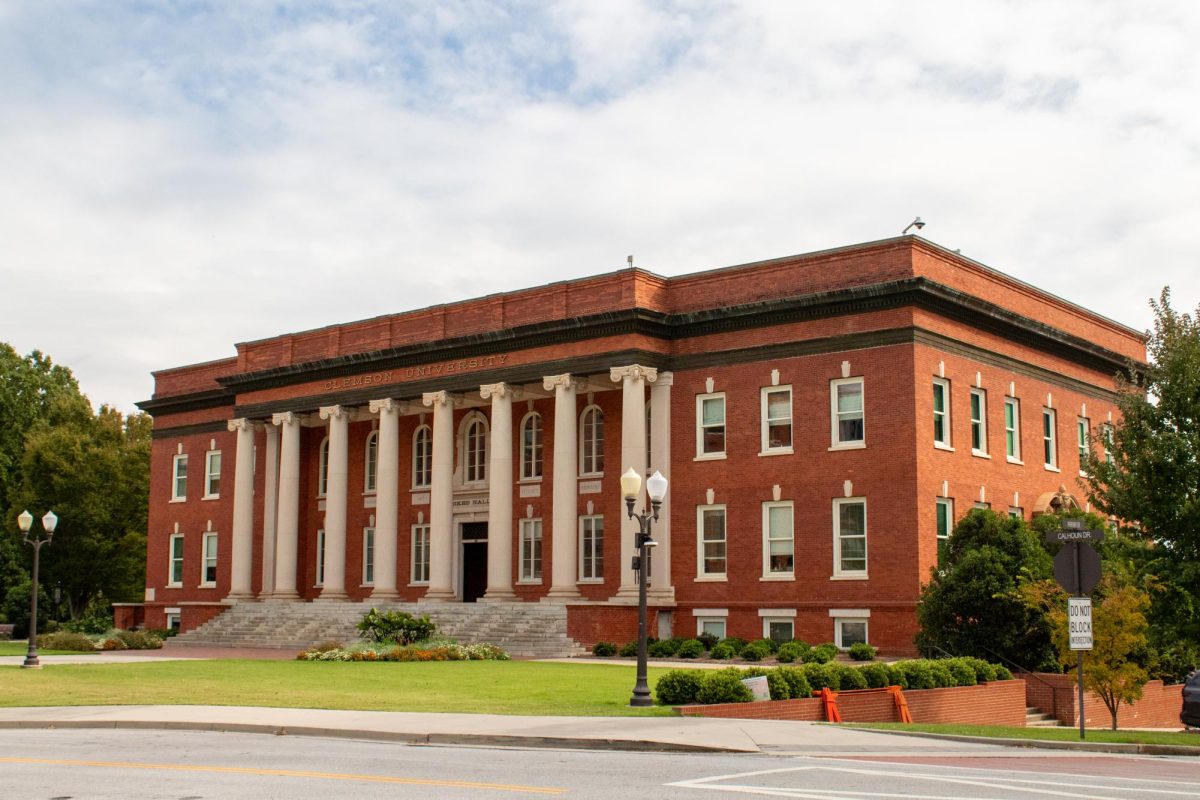This article was written by a student of ENGL 2310: Introduction to Journalism, which is taught by Mike Pulley.
Many Clemson freshmen have spent their whole lives getting excited to go to college, move out and live on their own for the first time. However, Clemson’s COVID-19 preventative measures have altered the reality of those expectations for all.
“My college social life has definitely been limited,” said Emma Ingram, a freshman graphic communications major at Clemson. “In high school, I was very outgoing and did a lot with friends, so staying in and not going out all the time was definitely a shock.”
Madeline Byrum, a freshman psychology major, echoed this sentiment. She said that she had high expectations for her college social life and that “with COVID-19 restrictions, it has been hard to maintain relationships with people outside my sorority and residence hall.”
The social compact available on Clemson’s Return to Campus webpage and official Instagram account includes physical distancing and limiting group sizes as necessities. Both are requirements that limit how students can socialize. It limits what plans can be made and who students can interact with.
Wearing face coverings is another component of Clemson’s social compact and is recommended by the Center for Disease Control and Prevention (CDC) to prevent the spread of COVID-19. Grayson Hall, a Pre-Business major, said that it is harder to make connections with people “especially when everyone is wearing masks” as it is more difficult to read their facial expressions.
Not all changes are entirely unwelcome by all students. Ingram said that she doesn’t mind online classes as they eliminate the stress of being on time and running all over campus all day long. She added that she finds herself better able to focus without others around to distract her, and says that overall, “online is easier.”
However, the opposite can also be true.
Byrum said that she can be “completely overtaken by distractions” when completing online coursework and prefers hybrid classes so that she can focus on the professor or lecturer. She said that she fell behind on schoolwork at the beginning of the semester and believes that if there had been in-person instruction, she would have been more motivated to learn.
Hall echoed this sentiment, saying that he feels more distracted in online classes and prefers hybrid classes since “there is a real classroom feel to college instead of being cooped up in a dorm room.”
A more minor change that was not well received was changes to the dining hall. The option to dine-in was opened on Oct. 2, but only take-out meals were available when students first moved in. Many of these meals were mocked by Clemson students on social media, the most notable being by students who sent in photos of their food to the Clemson Barstool Sports Instagram page. These gripes were more lighthearted, with students posting sarcastic comments like “looks delicious” and “I’ll stick with my microwave soup.”
As we see, COVID-19 restrictions have come with many ups and downs, but it is all out of the care for the student body.
“I was wanting to go hang out with people and have the traditional college experience,” said Ingram. “I’m having to seriously limit who I’m seeing and take precautions… It’s not entirely enjoyable, but it is worth it and necessary.”




